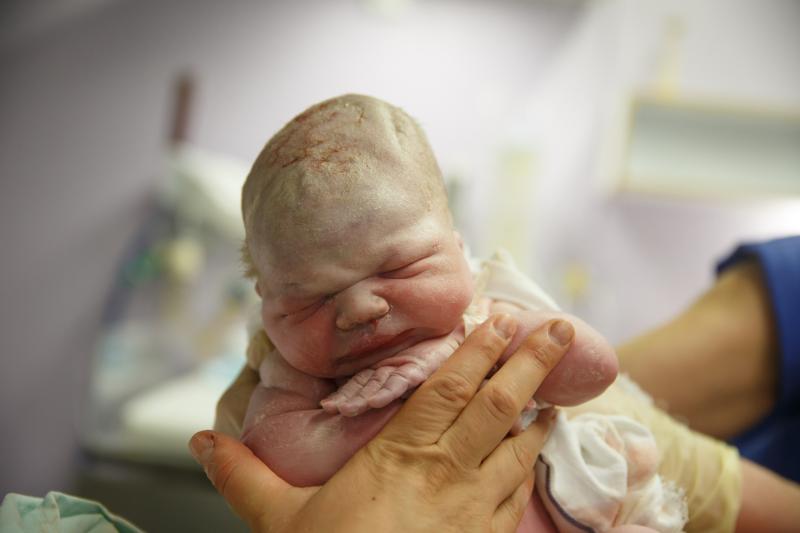
In preterm infants, the weight and body mass index (BMI) gain from birth to term age are both correlated with brain size, a recent study has found.
The study included 62 preterm infants (born <33 weeks of gestation; 56 percent male) whose weights and lengths were measured at birth. Air displacement plethysmography was performed at term to determine body composition, while magnetic resonance imaging was used to quantify brain size.
Cross-sectionally, researchers found links between brain size and body composition. Each additional 100 mg of lean mass, for instance, was correlated with a 0.62-mm increase in bifrontal diameter (BFD) and a 0.70-mm larger biparietal diameter (BPD). A corresponding 0.26-mm increase in transverse cerebral diameter (TCD) was also reported.
Brain size also shared longitudinal associations with physical growth. From birth to term-equivalent age, each additional Z-score gain in weight was correlated with a 2.1-mm increase in BFD, a 2.6-mm larger BPD and a 1.3-mm increment in TCD. A similar and strongly positive trend was reported for BMI in relation to brain size, though at lower magnitudes.
In contrast, linear growth, expressed as the change in Z-scores of body length, did not share a discernible relationship with brain size.
“It is not yet known whether interventions that improve lean mass accrual could also improve brain growth and neurodevelopment,” said researchers. “Nevertheless, body composition is an attractive biomarker of brain growth in preterm infants.”